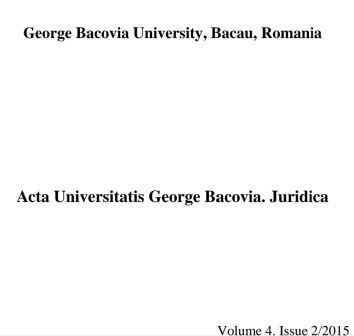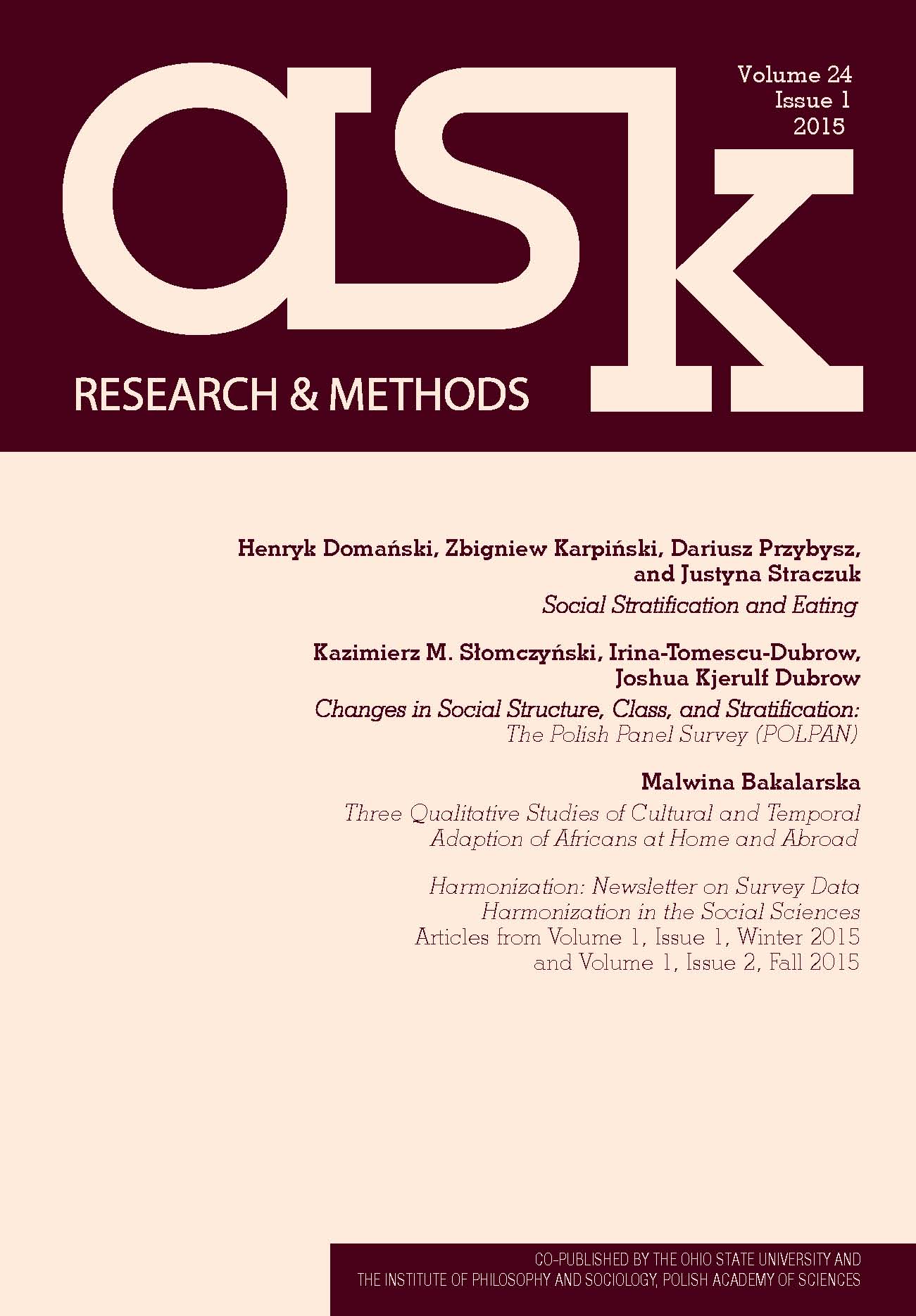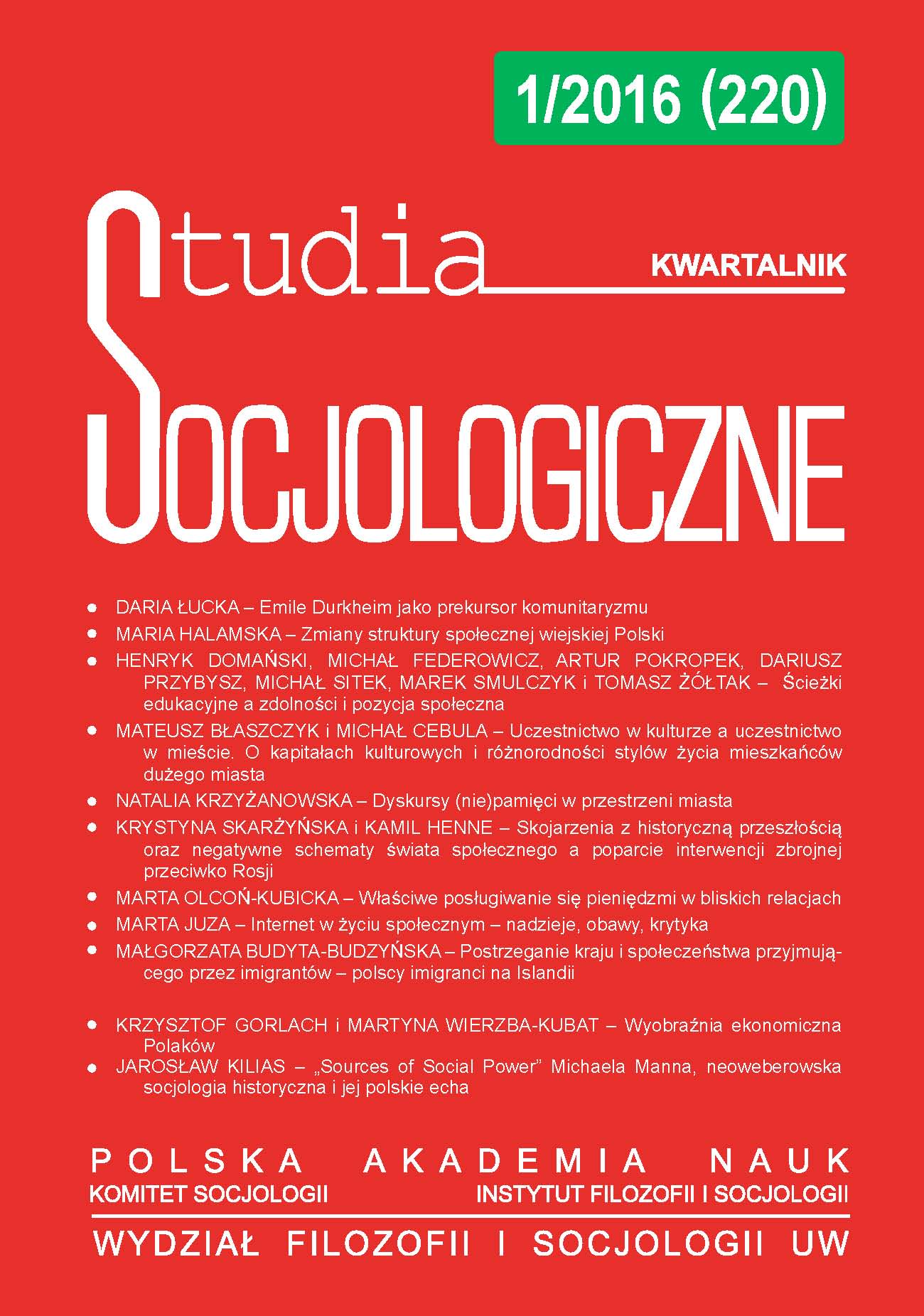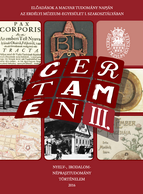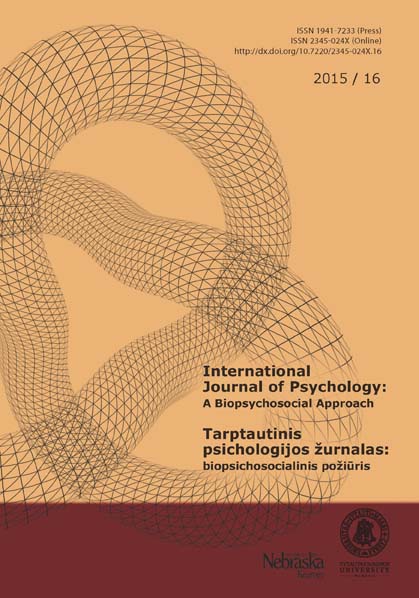Author(s): Daruwan Srikaew,Kamonwan Tangdhanakanond,Sirichai Kanjanawasee / Language(s): English
Issue: 16/2015
This research studies an analytic rating scale for an English speaking skills assessment designed for Grade 6 Thai students learning English as a foreign language. Material and Methods. A rating scale was developed, vali¬dated, and then piloted using assessment results from 101 students attending a gov¬ernment school in Bangkok, Thailand. The analytic rating scale developed for the as¬sessment is composed of 6 components: vocabulary, syntax, cohesion, pronunciation, ideational function and fluency. The reliability of the rating scale was examined with different numbers of speaking tasks and raters. Multivariate generalizability theory (G theory) was utilized for the data analysis. Results. The results showed that fluency was the greatest variance component of the composite score of the analytic rating scale, followed by ideational function, cohesion, vocabulary and syntax, and pronun¬ciation respectively. Reliability of the composite score for the speaking analytic rating scale was high (over .80). It was found that the reliability coefficients for each compo¬nent would be reliable (over .80) when six or more tasks are used and the number of raters is from 6–10 and above. The dependability increased more when the number of tasks increased and when the number of raters increased. It was also found that a reliable high Phi Coefficient (over .80) could be obtained using only 6 tasks and3 raters. Conclusion. The main results were then discussed in more detail.
Šiame tyrime nagrinėjama analitinė rangavimo skalė anglų kalbos kalbėjimui vertinti, sukurta šeštokams tailandiečiams, besimokantiems anglų kaip antrosios kalbos. Metodai. Šiam tyrimui buvo sukurta ir validizuota vertinimo skalė, taip pat atliktas žvalgomasis vertinimas naudojant 101 mokinio, lankančio valstybinę mokyklą Bankonke, Tailande, duomenys. Sukurta analitinė vertinimo skalė vertina 6 komponentus: žodyną, sintaksę, rišlumą, tarimą, turinį ir sklandumą. Vertinimo skalės patikimumas analizuotas naudojant skirtingą kalbėjimo užduočių kiekį ir skirtingą vertinančių ekspertų skaičių. Analizuojant rezultatus buvo remiamasi Daugiamate generalizavimo teorija (G teorija). Rezultatai. Rezultatai rodo, kad sklandumas sudaro didžiausią analitinės vertinimo skalės sklaidos dalį, toliau pagal paaiškinamos sklaidos dalį seka turinys, rišlumas, žodynas, sintaksė ir tarimas. Bendros skalės patikimumas buvo aukštas (daugiau kaip 0,80). Nustatyta, kad patikimumo koeficientai kiekvienam komponentui yra aukšti (daugiau kaip 0,80), kai vertinamos šešios ar daugiau užduočių ir tai atlieka 6–10 ar daugiau vertintojų. Sąsajos didėjo, kai buvo didinamas vertinamų užduočių arba vertintojų skaičius. Taip pat išsiaiškinta, kad pakankamai aukštas patikimumo Phi koeficientas (daugiau kaip 0,80) pasiekiamas naudojant tik 6 užduotis ir 3 vertintojus. Išvados. Pagrindiniai rezultatai aptariami detaliau.
More...

